Wagner forces ordered to retreat by leader Yevgeny Prigozhin
Russia's Wagner paramilitary forces leader Yevgeny Prigozhin has ordered his fighters to turn around from their march towards Moscow to avoid bloodshed.
Earlier, military convoys believed to belong to Prigozhin’s Wagner forces were seen in the town of Elets moving north along a highway towards the capital Moscow.
“Now the moment has come when blood can be shed,” he said. “Therefore, realizing all the responsibility for the fact that Russian blood will be shed from one side, we will turn our convoys around and go in the opposite direction to our field camps.”
Wagner forces' advancement towards Moscow was seen to pose a major challenge to Russian President Vladimir Putin, prompting the world to watch the developments closely.
"In 24 hours we got to within 200 km of Moscow. In this time we did not spill a single drop of our fighters' blood," Prigozhin said in an audio message.
"Now the moment has come when blood could be spilled. Understanding ... that Russian blood will be spilled on one side, we are turning our columns around and going back to field camps as planned."
Putin had mobilized Russian troops on Saturday to put down what he called an armed rebellion by the Wagner forces, who had claimed control of the southern Russian city of Rostov-on-Don.
Prigozhin’s decision to halt the march towards Moscow came after negotiations with Belarusian President Alexander Lukashenko aimed at deescalating the situation.
The terms appeared to include an amnesty for Wagner forces who had taken part in the armed mutiny against Russia.
“The negotiations lasted throughout the day,” Lukashenko’s press pool reported. “As a result, we came to an agreement on the inadmissibility of unleashing a bloody massacre on the territory of Russia."
Wagner forces had been heading north in a convoy of trucks, tanks and infantry armored vehicles, which they hoped would have reached Moscow before being intercepted by the Russian army.
Prigozhin has accused Russia’s top military brass of ordering a rocket attack on Wagner’s field camps in Ukraine, where “huge numbers” of his fighters had been killed.
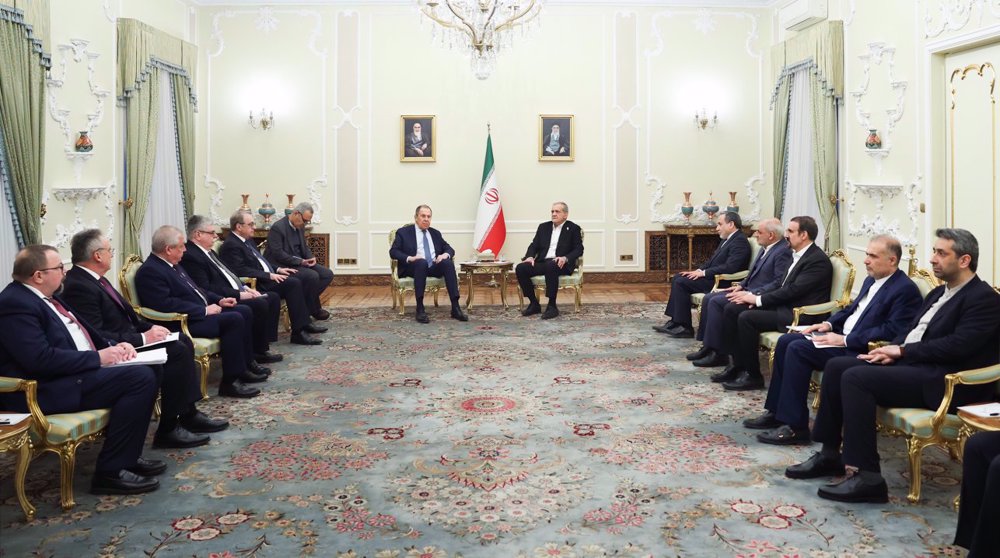
Iran’s president vows to accelerate cooperation with Russia
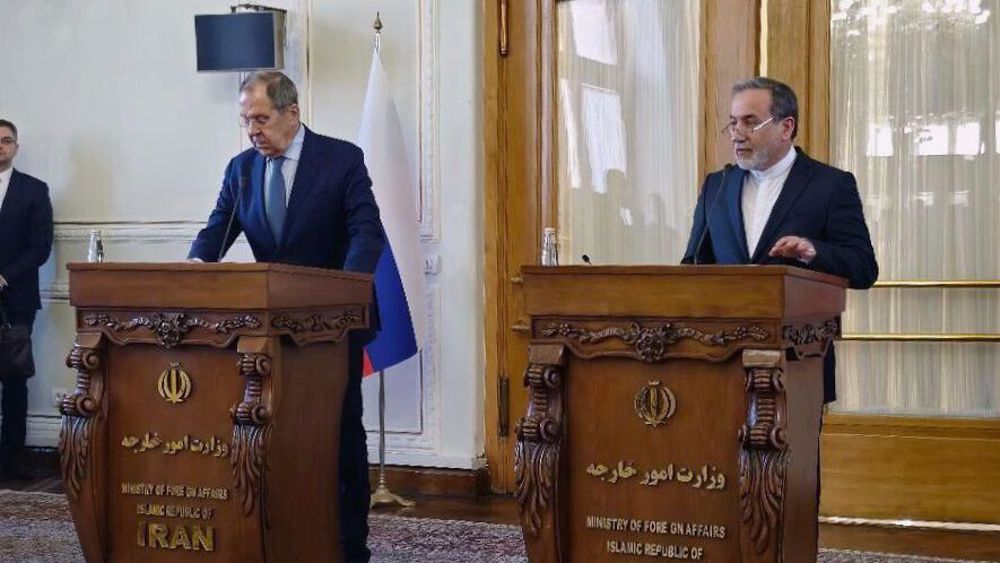
Iran rules out nuclear talks with US amid ‘maximum pressure’ campaign
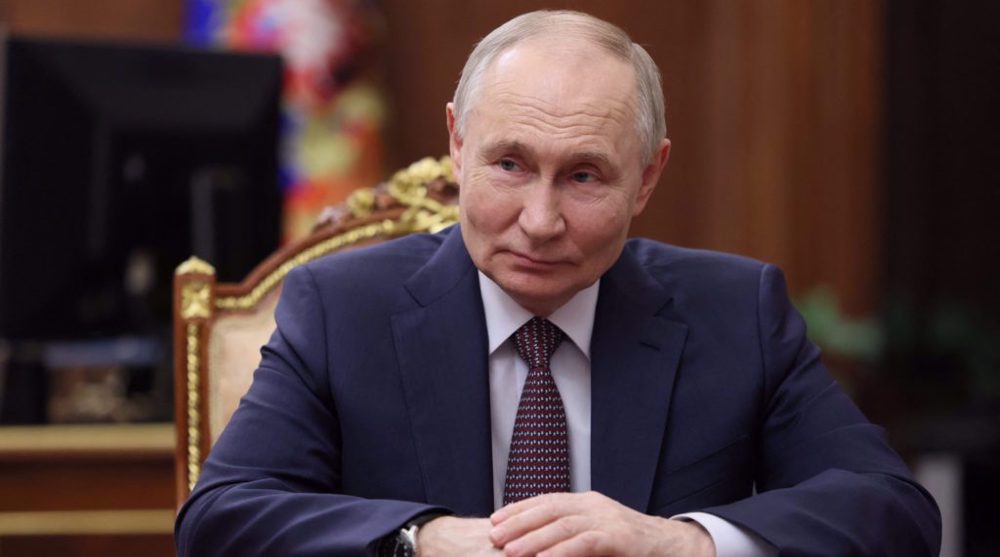
Putin says not opposed to Europeans’ involvement in Ukraine talks
Israel’s massacres won’t grant it ‘legitimacy’: Hamas on 31st anniversary of Ibrahimi Mosque tragedy
French leader decries ‘unprecedented diplomatic scandal’ after Israel bars European MPs
VIDEO | Washington’s failed projects
VIDEO | Islamabad exhibition exposes Israeli atrocities in Gaza
Trump rescinds arms sales regulation in favor of Israel, sources say
Iran’s president vows to accelerate cooperation with Russia
Palestinian says Israeli jailers poured acid on him during interrogation
Iran, Turkmenistan seek increased cargo transit via railways


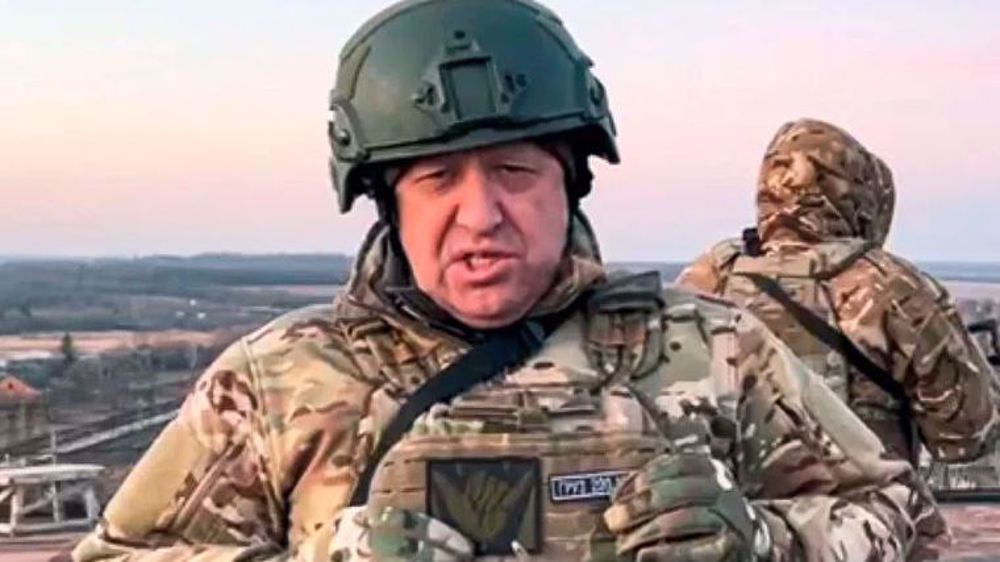



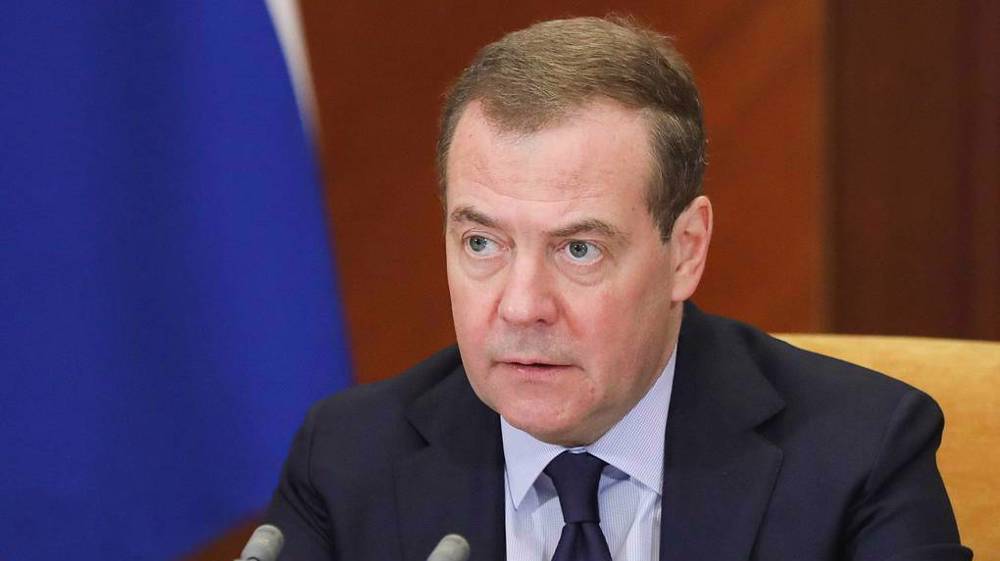
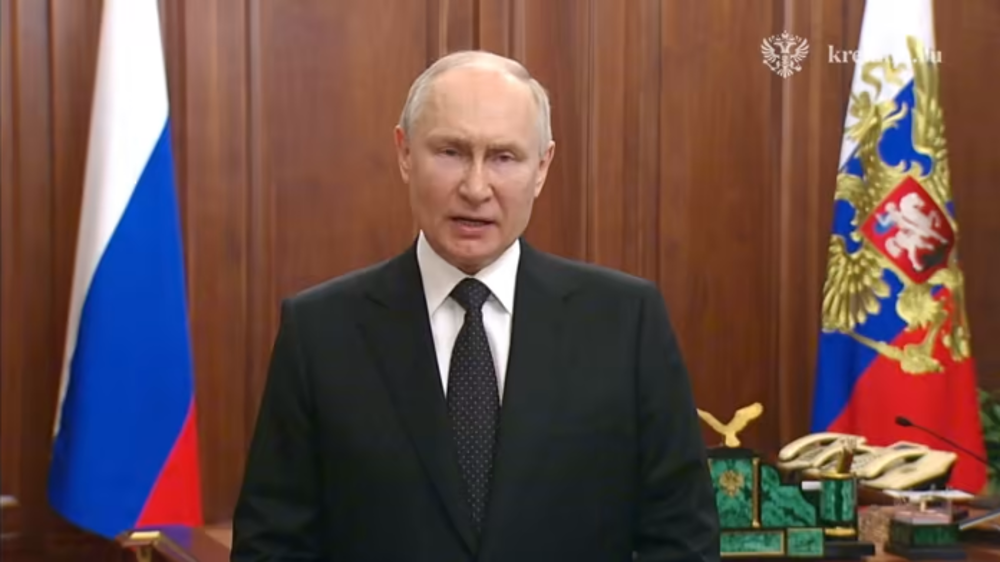

 This makes it easy to access the Press TV website
This makes it easy to access the Press TV website